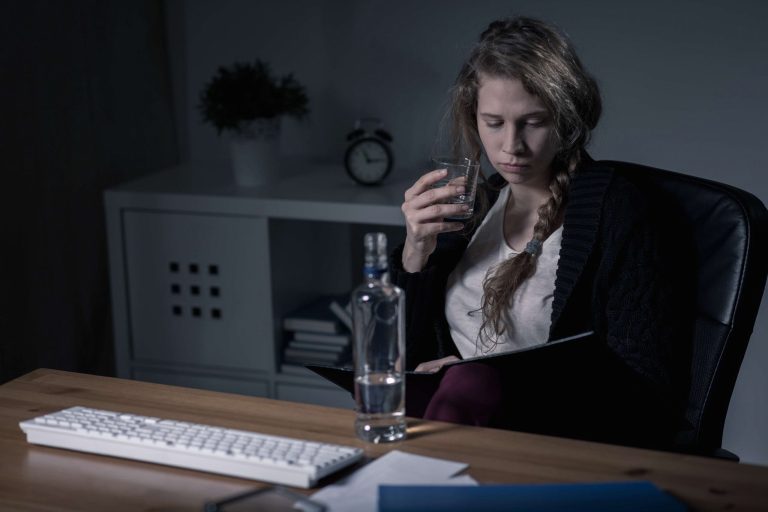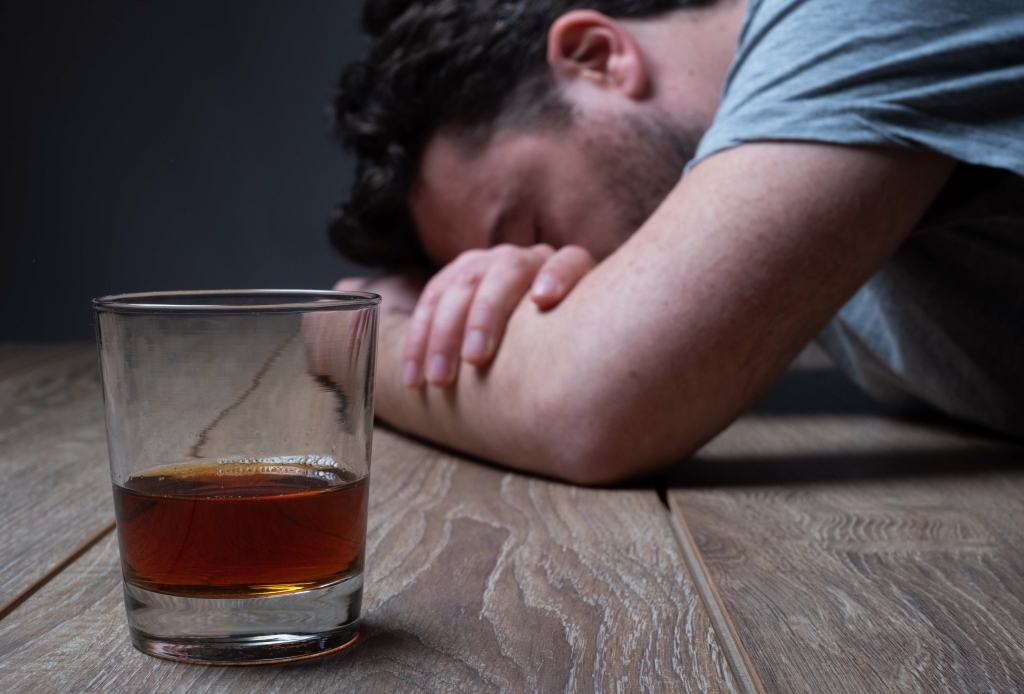In the pursuit of alleviating insomnia post alcohol detox, practical tips go a long way in helping one combat sleeplessness. Alcohol can cause insomnia — or sleep problems that look like insomnia — in a few different ways. It can fragment your sleep, so you wake up more often in the night, suppress the sleep hormone melatonin, and alter your sleep stages. FYI, sleep debt is measured against your sleep need — the genetically determined amount of sleep you need. This one sounds obvious, but it’s easy for sleep disruptions to stack up when you’ve had a drink. According to the Centers for Disease Control and Prevention (CDC), men should keep alcohol intake to two drinks a day or less and women stick to one drink or less.
Quit Drinking And Can’t Sleep? What Causes This?
Remember, victory over insomnia is not simply the presence of sleep, but the absence of struggle. As you implement these strategies, your sleep will return to you as a precious gift, not a coveted commodity, and you will wake each day ready to embrace the possibilities. All of the reasons and triggers for bad sleep and alcohol that we’ve explained in this blog can be remediated using self-hypnosis with Subconsciously. Try it for free, and begin a new healing chapter of your life. Hypnosis takes your mind to a peaceful, deeply relaxed place.

Avoid Alcohol and Sedatives
Our experts continually monitor the health and wellness space, and we update our articles when new information becomes available. Blood alcohol level is measured by the weight of alcohol in a certain volume of blood. The result of this measurement is called blood alcohol concentration, or BAC.
- This sleep cycle disruption is what causes the person to feel tired and “fuzzy” the next day and can lead to further sleep issues, such as insomnia or alcohol addiction over time.
- If you want to sleep better after quitting alcohol, a full program of nutrient repair should be high on your priority list.
- Alcohol can worsen sleep apnea, a condition where a person’s breathing stops and regularly starts while they sleep.
- However, natural techniques such as avoiding screens before bed, reading, doing gentle exercises, or practicing mindfulness may also help.
Disrupted sleep cycle
Treating insomnia earlier can prevent further complications such as mental health disorders or poor work performance. When you stop drinking, your brain may rebound by increasing REM sleep, sometimes leading to an overload of vivid dreaming or even nightmares. This REM sleep rebound can be disruptive, leading to more fragmented sleep and can’t sleep without alcohol daytime fatigue. RISE can tell you when to do 20+ sleep hygiene habits at the right time for your body clock to make them even more effective. Everyone reacts differently to alcohol, though, so you may want to cut yourself off sooner. Research shows alcohol consumption can affect sleep even if you stop drinking six hours before bed.
Getting Better Sleep While Working Remotely
Doing this 1-2 hours before bed for at least 10 minutes may be particularly beneficial, according to research. Being too hot or too cold can have a significant impact on a person’s ability to sleep. Reading books can be relaxing and may help prevent anxious taught patterns that could interfere with a person’s sleep. One 2017 meta-analysis found 29 studies that concluded that exercising may be able to improve the quality or the duration of sleep. Participation in support groups allows dismissing misconceptions and fears about insomnia. Hearing others’ stories nurtures hope and resilience, while offering practical advice on overcoming sleep challenges.
- For these people, it may be best to avoid caffeine altogether.
- In the Subconsciously app you’ll find programmes on controlling your alcohol usage and stopping drinking altogether.
- For those with a serious addiction and years of heavy drinking behind them, it’s expected that the insomnia may last longer.
- Drinking to fall asleep can cause or worsen some health issues over time.
- Your journey to sound sleep will not only improve rest but also bolster your recovery and enhance your life in ways you may yet to discover.
Though not ideal, an occasional all-nighter is sometimes necessary. During sleep, a person’s heart rate should slow and drop to below 60 beats per minute. A racing heart may disrupt sleep or cause someone to fully awaken. Alcohol consumption can be a trigger for sleepwalking or talking during sleep. Sleepwalking can lead to injuries, disrupt sleep, and leave a person feeling fatigued and not well-rested after waking. Alcohol can lead to fragmented sleep and waking up during the night, as it disrupts the sleep cycle.
- There’s a complicated relationship among depression, alcohol, and sleep.
- It’s evident that trouble insomnia is no minor inconvenience.
- In fact, drinking caffeine (whether in coffee or energy drinks) can sometimes be dangerous because it tricks people into thinking they’re sober.
- Treating insomnia earlier can prevent further complications such as mental health disorders or poor work performance.

When you have sleep apnea, drinking can make the breathing interruptions last longer when you are asleep, leading to more awakenings. Studies have shown that people who drink and have sleep apnea are at a much higher risk of traffic accidents than people with sleep apnea who do not drink alcohol. A person might think that having a drink before bed may help them sleep because alcohol helps them relax.
Other Articles of Interest
However, you may continue to have trouble sleeping for years after you stop drinking. Establishing good sleeping habits, also known as sleep hygiene, is an essential first step in good sleep. Ideally, you should wake up and go to bed at the same time each day.
